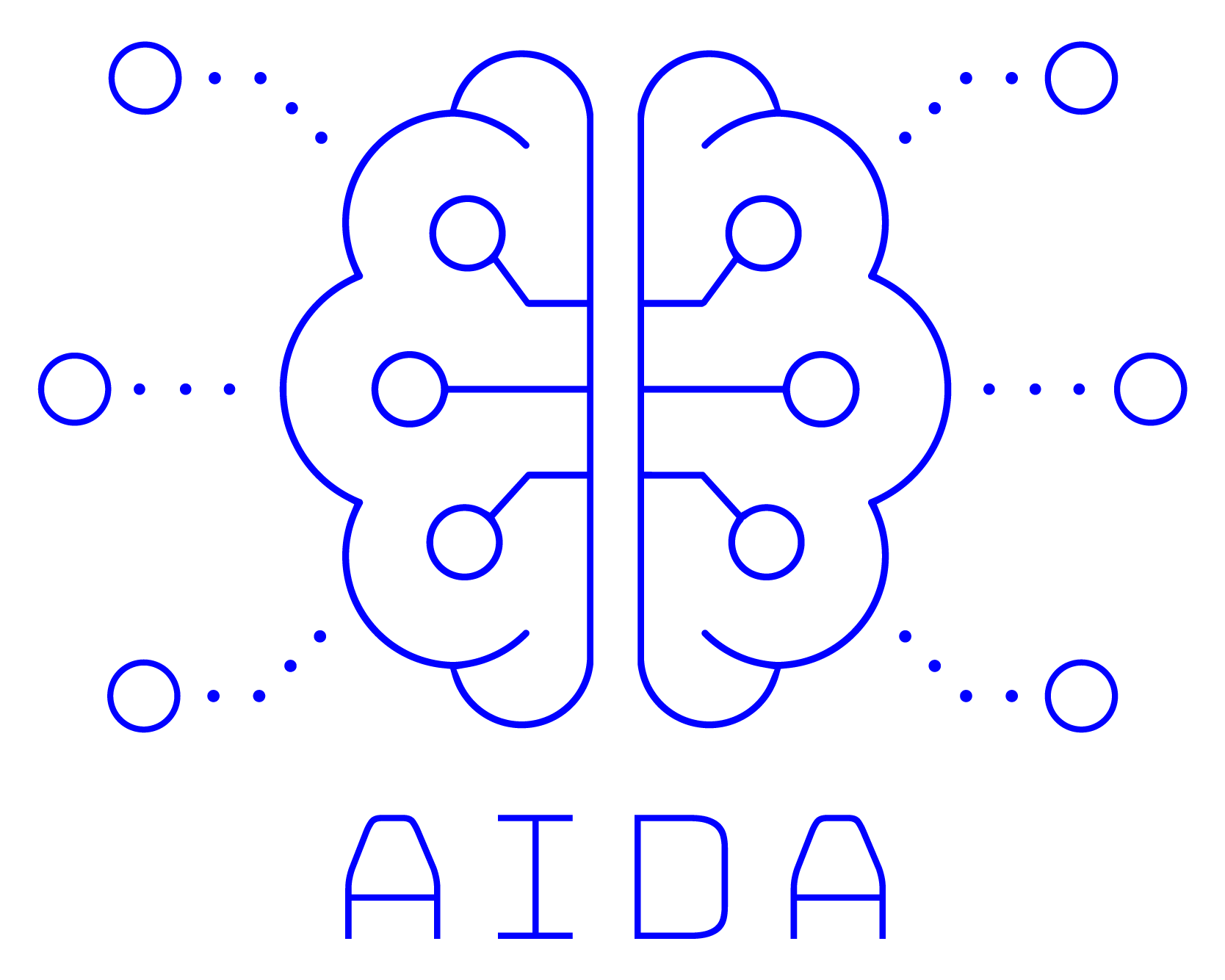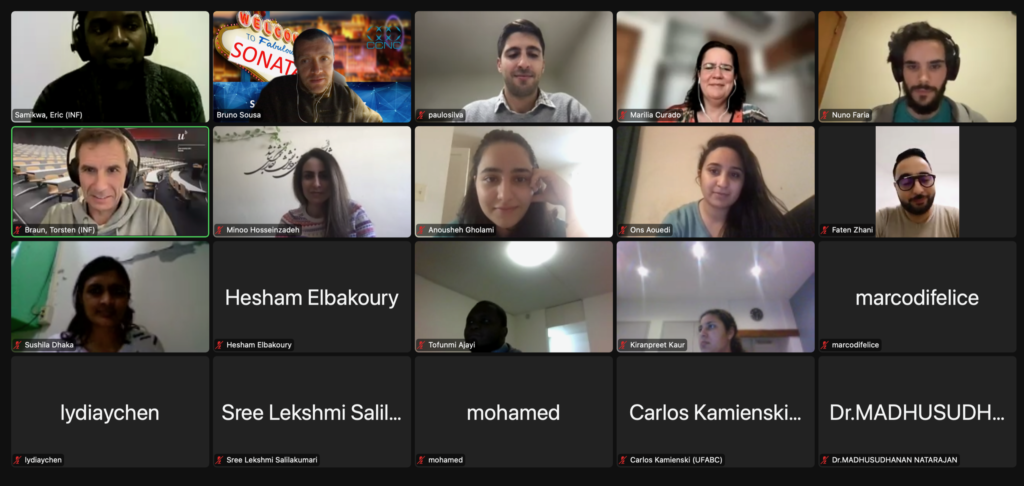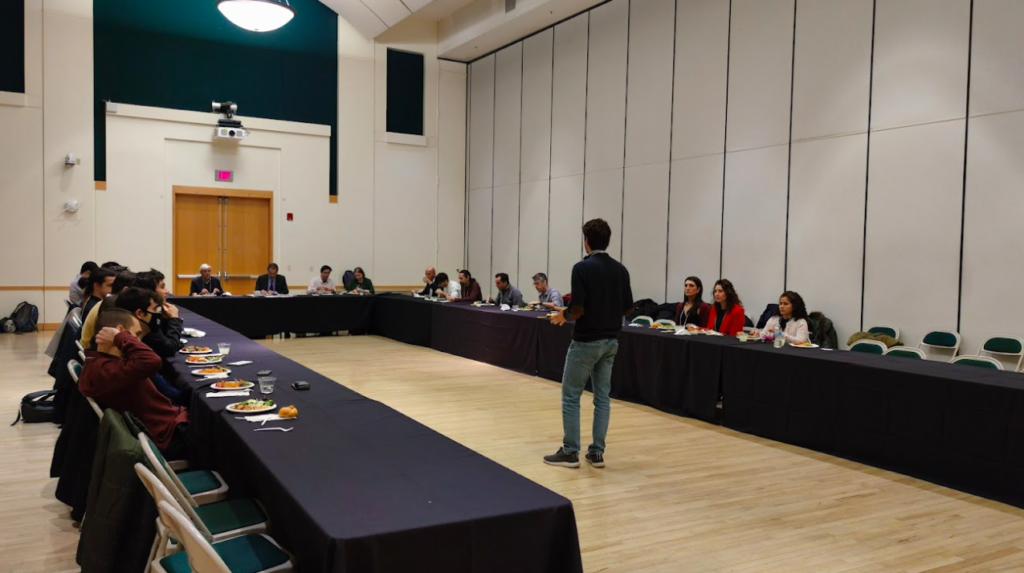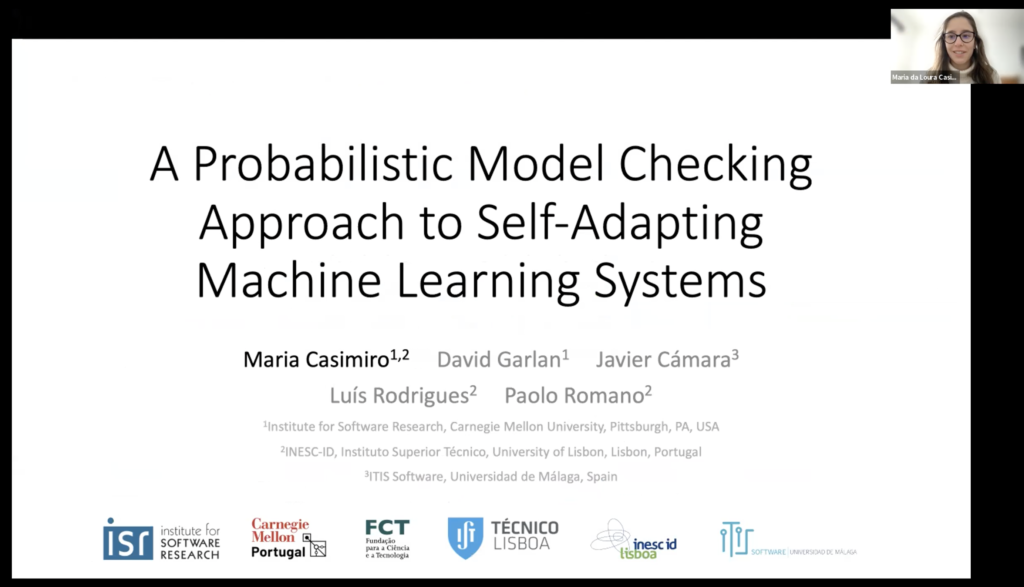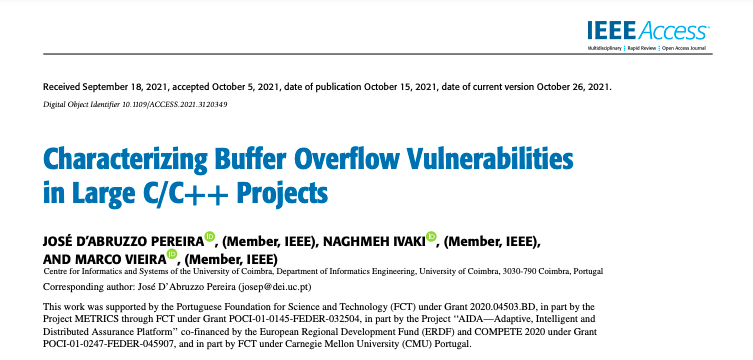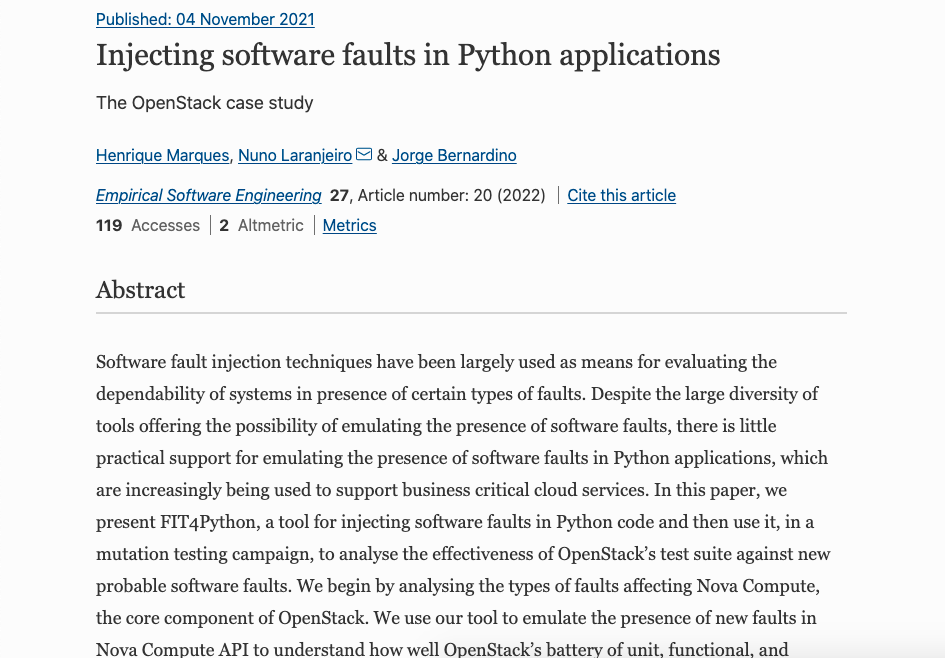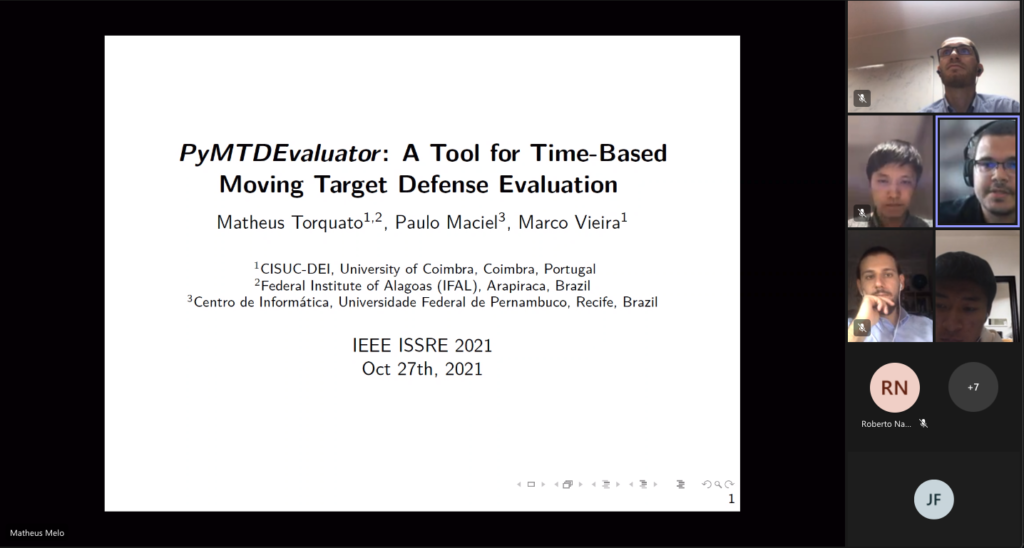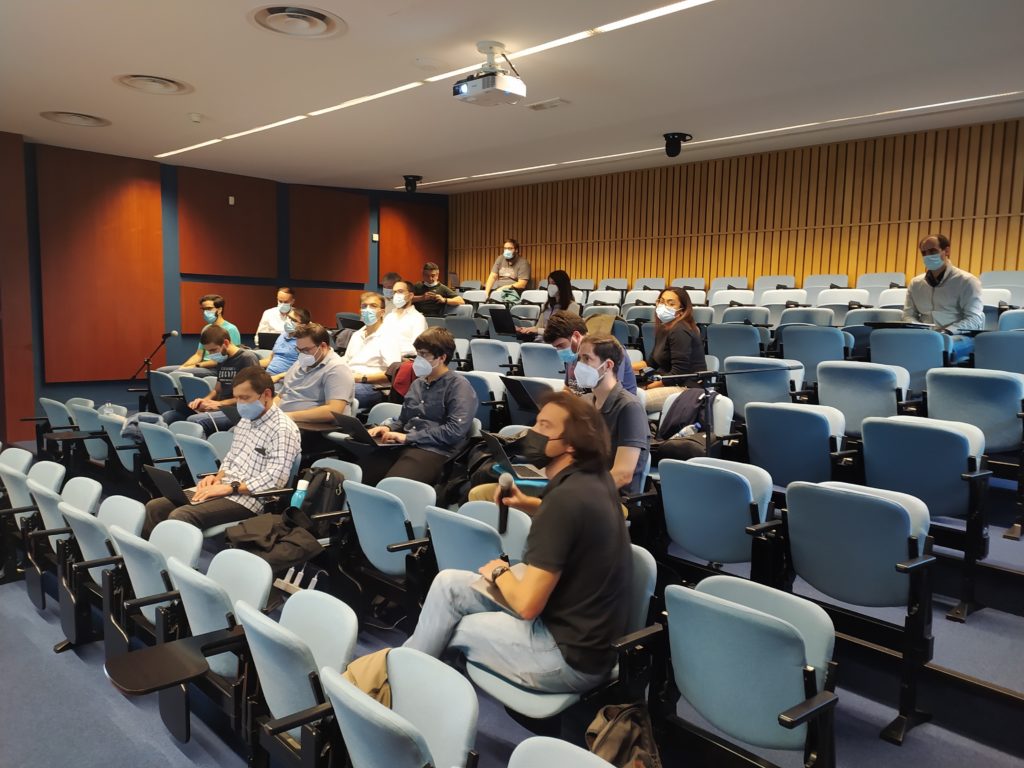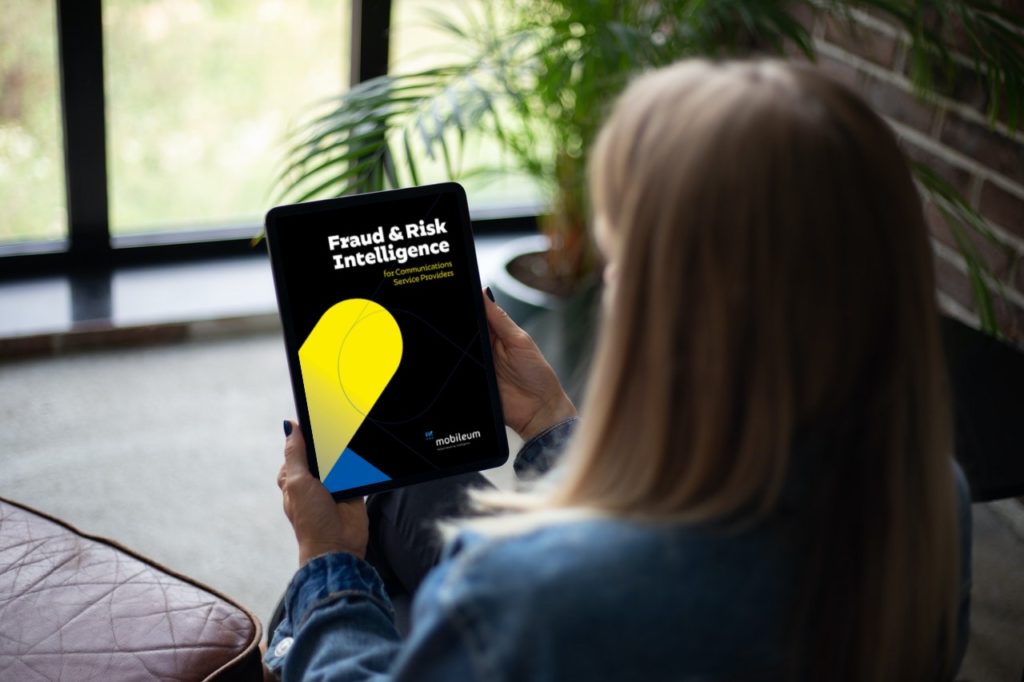A Data Management Architecture for AIDA One of the major challenges in the evolution of the RAID platform during the AIDA project is the need to further distribute the platform components to achieve greater levels of scalability, by leveraging the increasing edge computing capacity made available by the IoT and the imminent large-scale deployment of 5G cellular technology. The advent of 5G networks and growing adoption of Internet of Things (IoT) devices lead to more opportunities for data collection and processing with hybrid edge-cloud systems. In this architecture, edge devices — placed near where the data is being […]
Read More
AIDA organizes workshop on Secure FunctiON ChAining and FederaTed AI The 1st International Workshop on Secure FunctiON ChAining and FederaTed AI (SONATAI) was held virtually on January 8th 2022, and was co-located with CCNC (2022) with the support of AIDA and Universidade de Coimbra. With a big focus on creating a forum for researchers and engineers to present and discuss solutions, new ideas and results, authors were invited to submit papers with novel research contributions, addressing edge and cloud continuum, service function chaining and federated AI. Nuno Faria, Daniel Costa, José Pereira, Ricardo Vilaça, Luís Ferreira and […]
Read More
The Portuguese Minister of Science, Technology and Higher Education meets AIDA Manuel Heitor, the Portuguese Minister for Science, Technology and Higher Education, visited Carnegie Mellon University (CMU) in Pittsburgh, where he was presented with the AIDA project and its main goals and challenges. Heitor, during his visit, met with several faculty and students and attended three different workshops. The workshops were focused on addressing the themes of the Program’s Large-Scale Collaborative Research Projects, one of which was led by by Pedro Ferreira (IntelligentCare), together with Christos Faloutsos from AIDA, Asim Smailagic from TAMI, and Carmel Majidi from Wow. […]
Read More
New Paper presented at ASYDE 2021 “A Probabilistic Model Checking Approach to Self-Adapting Machine Learning Systems” is the newest paper, under the scope of the AIDA’s project, was accepted and presented at the 3rd International Workshop on Automated and Verifiable Software System Development (ASYDE) 2021. Written by Maria Casimiro, David Garlan and Javier Cámara, Luís Rodrigues and Paolo Romano, the paper introduces a formal framework that enables reasoning about whether to adapt machine learning (ML) models of ML based systems, considering the trade-off between the costs and benefits of adaptation. Such a framework can be particularly useful since ML-based […]
Read More
How can we protect the security and the privacy of the AIDA platform? The evolution of the RAID platform during the AIDA project brings many benefits, but also many security and privacy concerns to be considered. Thus, discovering and implementing measures that address these new risks, while not degrading performance, is of utmost importance. The main challenges are related to the transition to edge, pushing the computational power to the edges of the network, to the integration of 5G supporting multiple tenants and network slicing, and finally to the privacy of the data gathered and analyzed. Given these changes […]
Read More
New paper in the scope of AIDA’s project is published on IEEE Access “Characterizing Buffer Overflow Vulnerabilities in Large C/C++ Projects” is one of the newest papers published by AIDA in IEEE Access. José D’Abruzzo Pereira, Naghmeh Ivaki and Marco Vieira were the authors of one of the newest papers under the scope of AIDA’s project. This paper, with a great focus on security vulnerabilities of software systems, was peer-reviewed, accepted for publication, and published on IEEE Access. This study highlights the fact that most buffer overflow vulnerabilities are not detectable by vulnerability detection tools and there is a need […]
Read More
“Injecting software faults in Python applications” is the title of AIDA’s new paper The AIDA Project recently published a new paper, primarily focused on software fault injection techniques in Python applications. “Injecting software faults in Python applications”, a paper carried out by Henrique Marques, Nuno Laranjeiro and Jorge Bernardino, under the scope of AIDA’S project, was peer-reviewed and accepted for publication. The paper introduces FIT4Python, which is a tool focused on injection software faults in Python code and then used to analyze the effectiveness of OpenStack’s test suite against feasible software faults. According to the contributors, they use the […]
Read More
AIDA paper develops tool for time-based Moving Target Defense (MTD) evaluation The most recent paper of AIDA project, entitled “PyMTDEvaluator: A Tool for Time-Based Moving Target Defense Evaluation”, was presented at the 32nd International Symposium on Software Reliability Engineering (ISSRE 2021), which was held between 25-28 October, 2021 in Wuhan, China. PyMTDEvaluator is a tool for time-based Moving Target Defense (MTD) evaluation. It allows analyzing and comparing different alternatives for MTD scheduling, thus supporting the decision-making process for the MTD deployment. PyMTDEvaluator provides a friendly interface and is open-source. Users can feed it with inputs to obtain information to answer questions, […]
Read More
AIDA partners organized an internal workshop The AIDA project organized an internal workshop for all the partners that are part of the project, in order to plan the next steps for the development of the new version of Mobileum’s RAID, compatible with edge computing and 5G, while ensuring privacy and confidentiality. This initiative was held in the city of Porto, on October 25.
Read More
Fraud Risk Management 5G presents an opportunity for telecom operators to capture new revenue streams from industrial digitization. In cases such as network-as-a-service (NaaS), network exposure is becoming a reality through the transformation of core telecom network assets into digital assets. With 5G, the dynamic provisioning and scaling of network capacity and resources are available for the first time. The vision of managing the network-as-a-service in the same way as a developer might manage cloud resources on Azure, AWS, or Google Cloud is happening through a combination of scalable infrastructure and the next generation of digital business support systems (BSS). […]
Read More
